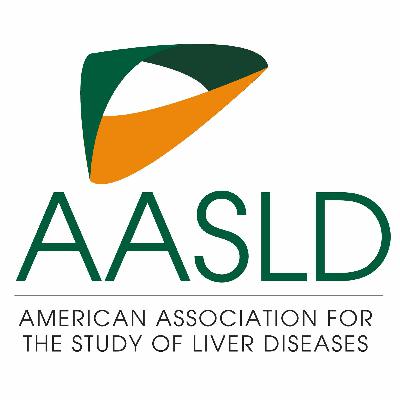Ursodeoxycholic Acid and PSC, Revisited
Update: 2014-10-31
Description
Ursodeoxycholic acid (UDCA) is no longer recommended for management of adult patients with primary sclerosing cholangitis (PSC). We undertook a prospective evaluation of UDCA withdrawal in a group of consecutive patients with PSC. Twenty six patients, all treated with UDCA (dose range: 10-15 mg/kg/day) were included. Paired blood samples for liver biochemistry, bile acids, and fibroblast growth factor 19 (FGF19) were collected before UDCA withdrawal and 3 months later. Liquid chromatography/tandem mass spectrometry was used for quantification of 29 plasma bile acid metabolites. Pruritus and health-related quality of life (HRQoL) were assessed with a 10-point numeric rating scale, the Medical Outcomes Study Short Form-36 (SF-36), and PBC-40 questionnaires. UDCA withdrawal resulted in a significant deterioration in liver biochemistry (increase of alkaline phosphatase of 75.6%; P < 0.0001; gamma-glutamyl transpeptidase of 117.9%, P < 0.0001; bilirubin of 50.0%, P < 0.001; alanine aminotransferase of 63.9%, P < 0.005; and aspartate aminotransferase of 45.0%, P < 0.005) and increase of Mayo Risk Score for PSC (change from baseline of +0.5 point; P < 0.003). Bile acid analysis revealed a significant decrease in lithocholic acid and its derivatives after UDCA withdrawal, but no effect on concentrations of primary bile acids aside from an increased accumulation of their taurine conjugates. After UDCA removal cholestatic parameters, taurine species of cholic acid and chenodeoxycholic acid correlated with serum FGF19 levels. No significant effect on HRQoL after UDCA withdrawal was observed; however, 42% of patients reported a deterioration in their pruritus. Conclusion: At 3 months, discontinuation of UDCA in patients with PSC causes significant deterioration in liver biochemistry and influences concentrations of bile acid metabolites. A proportion of patients report increased pruritus, but other short-term markers of quality of life are unaffected.
Comments
In Channel





